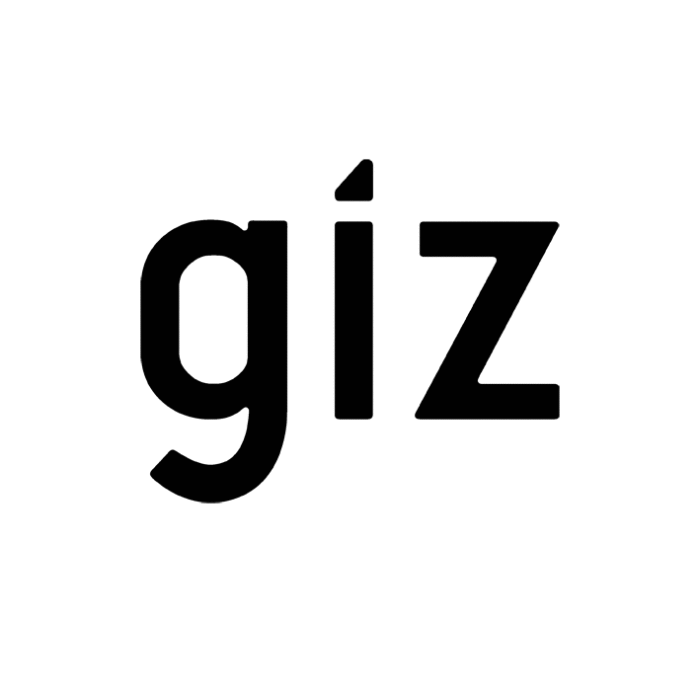Event Summary
Organization: Deutsche Gesellschaft für Internationale Zusammenarbeit (GIZ) GmbH
Description
Date: Monday, May 14, 2:00pm – 5:00pm
Room: C4
Over the last 30 years, more than 70 percent of economic losses from disaster are weather or climate related. The most recent projections in climate research anticipate a significant increase in the intensity and/or frequency of extreme weather events as well as slow-onset changes. Storms, floods, droughts, and extreme temperatures are potential drivers of future losses. These negative impacts of climate change pose a growing risk to the sustainable development of all countries in general, and to least developed countries in particular. Additionally, the potential full societal consequences of loss and damage are still uncertain but already pose as huge potential for serious impacts and social changes. In order to respond appropriately, the public and private sector face the challenge of developing and implementing specific and effective measures for comprehensive climate risk management.
The training session introduces the concept of climate risk management as a comprehensive approach to deal with potential future loss and damage. In the course of this compact interactive session, participants will understand the concept of L&D and the related costs. They will learn how to assess climate-related risks and measures. The expended knowledge base allows understanding and refining specific risk management strategies and putting them into the development of appropriated strategies and policies. Instruments already used in disaster risk reduction and climate change adaptation are combined to an array of instruments. They are part of a toolbox and complemented with measures to manage residual risk, such as climate risk insurance. A guest speaker gives insights on the implementation and ongoing work in partner countries of the German development cooperation. These examples of good practice from developing countries provide practical experience to foster critical thinking and discussion among participants.

